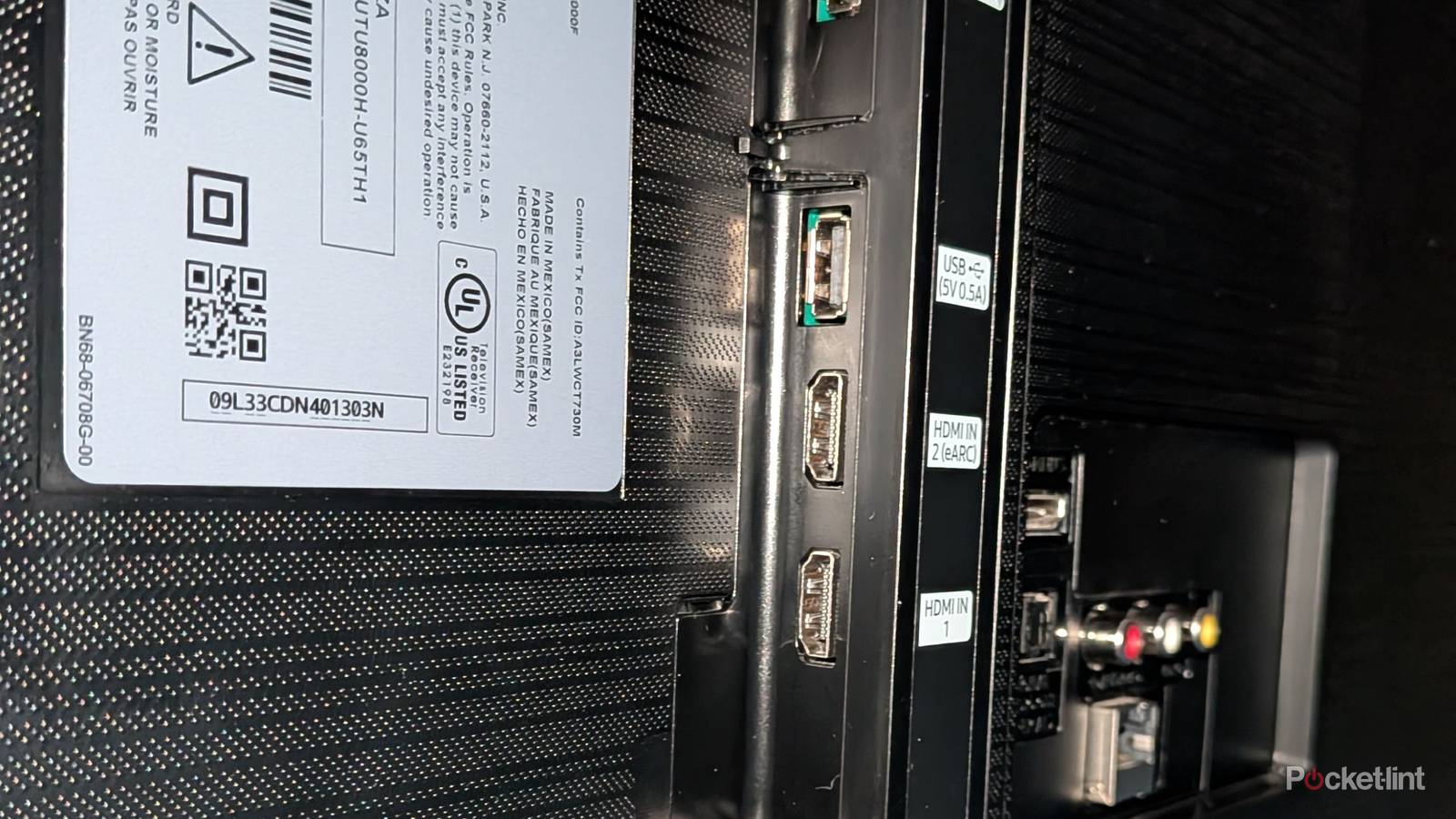- Putin, Still Harboring Assad, Welcomes New Syrian Leader to Moscow Again The New York Times
- Al-Sharaa meets Putin as Russia seeks to secure military bases in Syria Al Jazeera
- Russia, Syria to discuss ties, regional issues as Putin hosts al…
Trump on Ilhan Omar’s town hall attack: ‘She probably had herself sprayed’
When Donald Trump was asked in an interview with ABC on whether he saw the video of the spray attack on Ilhan Omar, he said, “No, I don’t think about her.”
I think…





